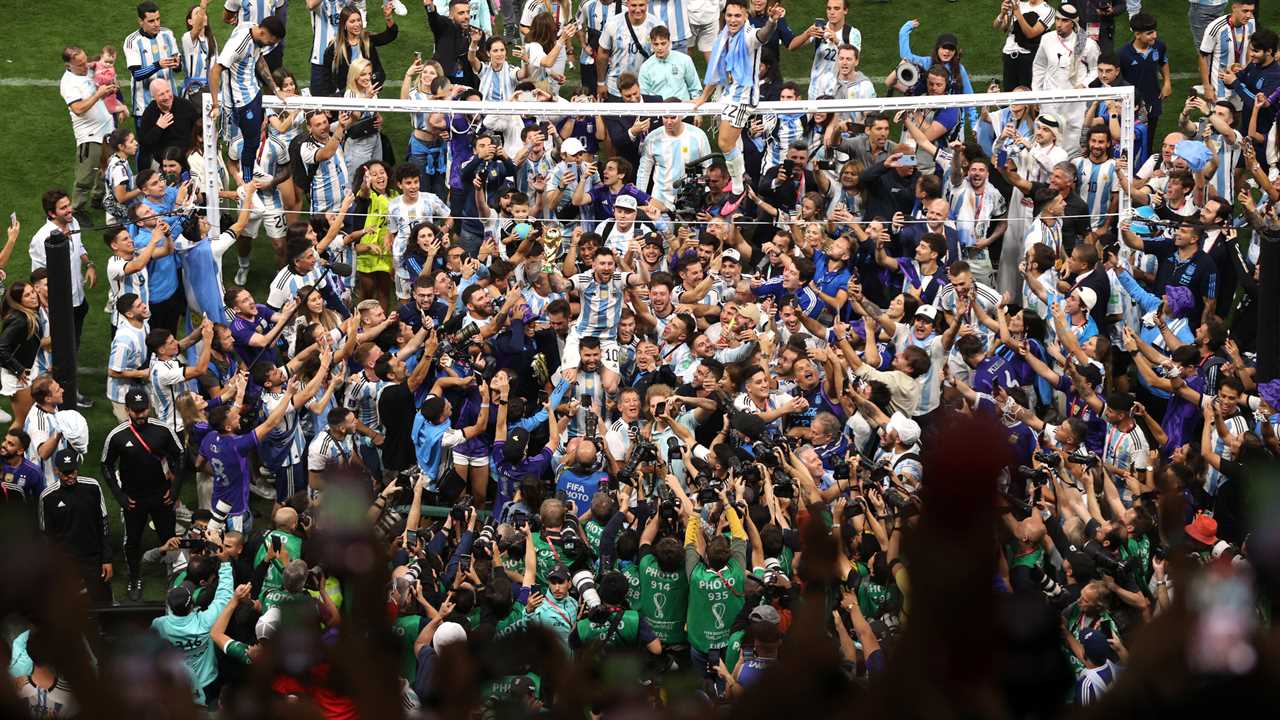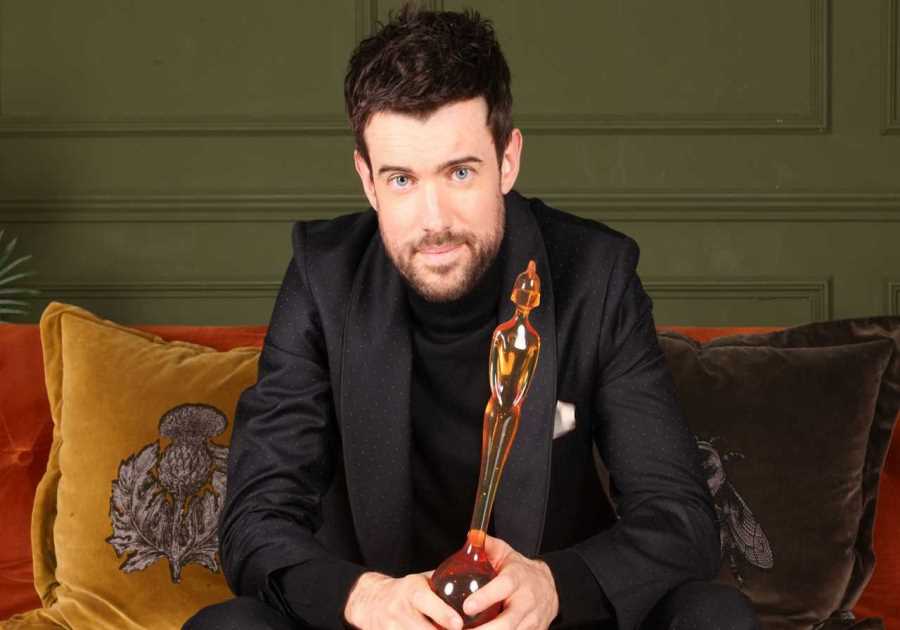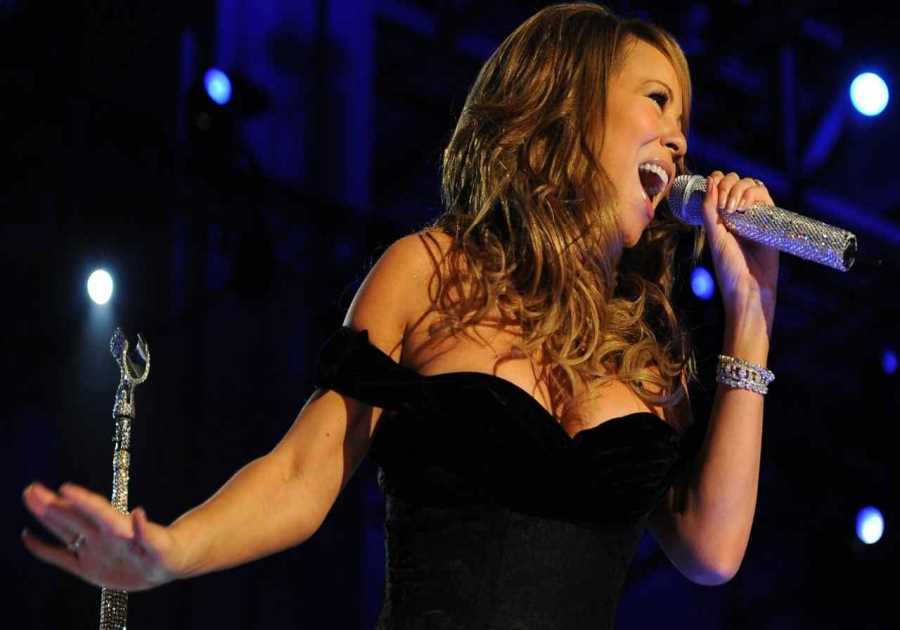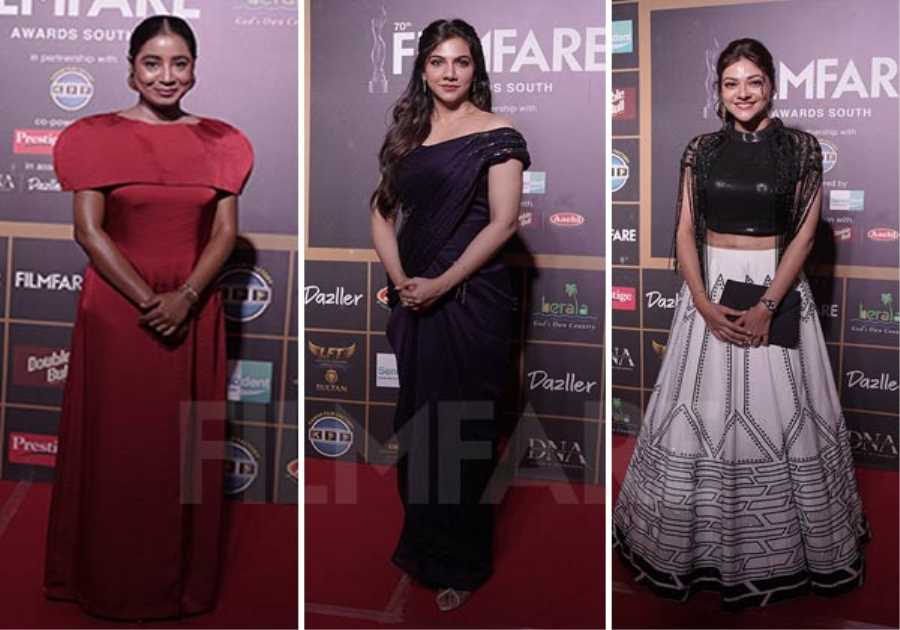
DOHA, Qatar — Everything was going swimmingly, right up to the point that my editor — sitting to my left in the cavernous bowl of Lusail Stadium, a soccer arena so vast that the sound from the stand opposite ours seemed to arrive on a satellite delay — turned to me and threw seven casual, careless words out into the universe. “We kind of need France to score.”
It’s hard to overstate the scale of a World Cup final. Every one is four years in the making. Every one sends millions of people to the streets in celebration, and millions more back to their homes in sorrow and regret. It is one of the most-watched events on the planet. It is, by some distance, the biggest occasion sport has to offer.
So, as a journalist enjoying the honor of covering the 2022 World Cup final in Qatar, at least part of you hopes that it is intensely boring. Not devoid of action. Not the angst-ridden anticlimax that happens more often than not, in which both teams retreat into their shells, the pain of losing far more concerning than the euphoria of winning.
No, the perfect World Cup final — as the person who has to have several hundred cogent words, spelled correctly, bound by what might pass as some sort of thematic thread, ready to publish as soon as the final whistle blows — is one in which one team has the game all but won with a quarter of an hour to spare.
Which is, as it happens, exactly what we had on Sunday. It was at roughly that point when my editor, Andy Das, decided that what Argentina and France had offered so far wasn’t quite entertaining enough for him. He wanted, apparently, a little drama.
There is just one aspect of being a sportswriter that seems to make my wife, children and relatives accept my entreaties that it is a proper job, rather than, and this is a direct quote from my wife, “talking to your friends all day” — the part in which you have to compress everything that happens in a game, all of the content and the context and the consequences, into about a thousand words.
Oh, and you have to do it late at night. And within a few minutes, or at most an hour, of the game ending.
The truth is, though, that most of the time there is nothing nerve-racking about writing live. I spent a rather pleasant portion of this spring in Madrid, watching Real Madrid stage a series of ridiculous comebacks on its way to the Champions League title. Each one was just a little more absurd than the last. One night, Real Madrid scored in the 90th and the 91st minutes, going from what would have been elimination to the most remarkable success, all in the blink of an eye.
No problem: The more cinematic a game feels, the less thinking there is to do as a journalist. That’s part of the glory of sport. There are plenty of times when the story tells itself; we’re just there to transcribe it.
World Cup finals are different. You never know how many you will have the chance to cover. And there was only ever going to be one chance to write about this World Cup final, Lionel Messi’s last shot at the ultimate prize, his opportunity to do what Diego Maradona did in 1986 and deliver the World Cup to Argentina.
That is one you want to get right, and it is much easier to get right if you have at least a little time to think.
Messi had done all he could: Argentina had established a two-goal lead at halftime and looked impressively serene for much of the second half. France seemed resigned to its fate. The shapes were starting to fall into place in my head: a portrait of Messi in those final few minutes, a man whose dream is about to come true. That could work.
And then, well, Andy’s hope came to pass: Kylian Mbappé exploded Argentina’s advantage in two minutes. France might have won it inside 90 minutes; Argentina seemed to have won it in extra time. Then Mbappé intervened again. Both teams had glorious, glaring chances to claim the trophy in the last few seconds before the penalty shootout. But of course, only one did: Argentina.
It feels like hyperbole — and maybe it is — but the final 40 minutes of the 2022 World Cup final, between Mbappé’s first goal and Gonzalo Montiel’s game-winning penalty shot, might be not only the greatest final in history but the best 40 minutes of soccer, too, the pinnacle of a sport that has become a cultural phenomenon.
The write-up would have been easier had the game ended at 2-0, as it looked like it would for so long. Less stressful for me, less mind-blowing.
It would not, though, have been nearly so much fun.
-----------------------
By: Rory Smith
Title: 81 Minutes in, Two Big Goals and One Big Rewrite
Sourced From: www.nytimes.com/2022/12/21/insider/81-minutes-in-two-big-goals-and-one-big-rewrite.html
Published Date: Wed, 21 Dec 2022 08:00:07 +0000






